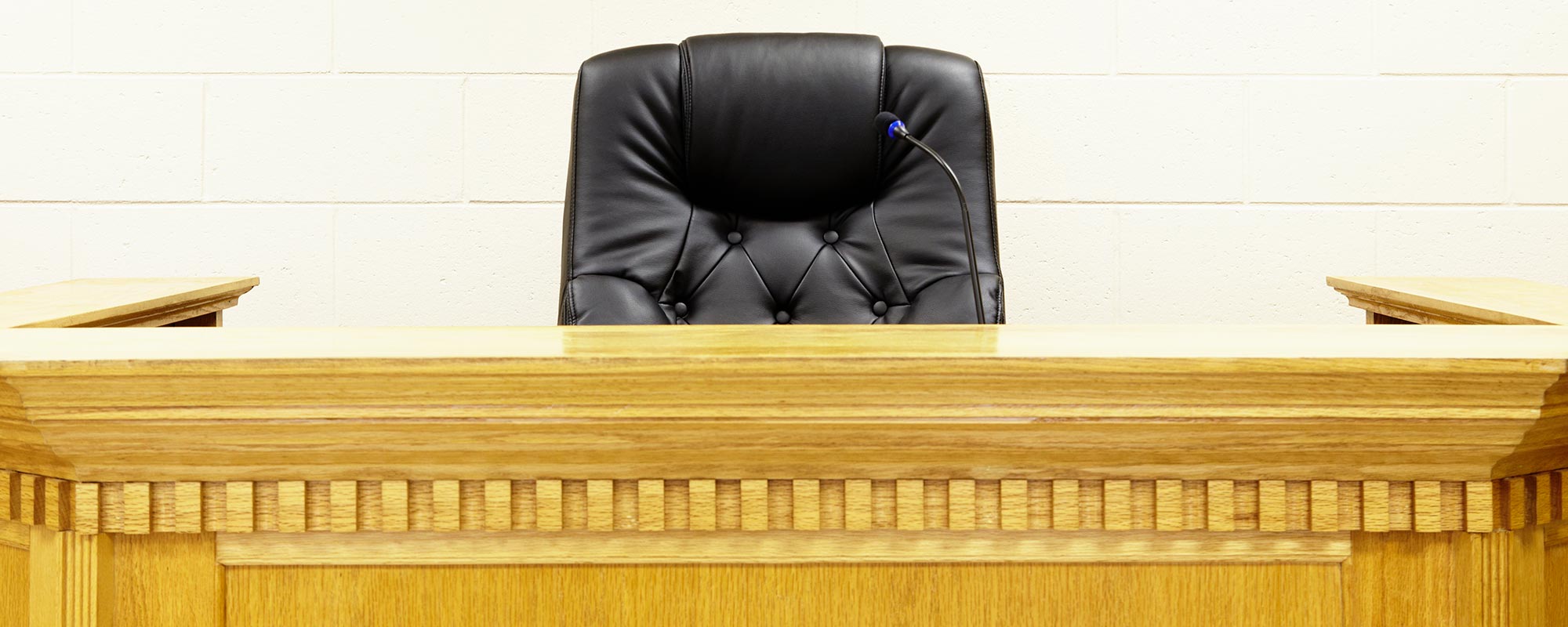Today, the Supreme Court of Canada issued a decision in R v Wong holding that an accused who enters into a truly uninformed plea of guilty – i.e., a plea made when an accused is unaware of legally relevant consequences at the time of plea – may withdraw a plea, but only if they show, via an affidavit, that he or she would have opted for trial and plead not guilty or would have plead guilty but with different conditions.
The CCLA intervened in R v Wong to defend access to justice for accused persons. At issue in R v Wong was Mr. Wong’s decision to plead guilty to a criminal offense without being informed that his plea would subject him to automatic deportation under Canada’s immigration laws and that he would have no ability to appeal his deportation if he received a sentence of six months or longer. When informed of the consequences of his plea, Mr. Wong sought to withdraw the plea and restore his right to a fair trial. While the majority found that Mr. Wong entered an uninformed plea insofar as he was unaware of the important immigration consequences of his plea, it rejected his attempt to withdraw his plea on the grounds that he failed to depose to what he would have done differently in the plea process had he been informed of these consequences.
In our intervention, we argued that the decision to plead guilty or not guilty is one of the most important decisions in a criminal case and is the exclusive province of the accused person. An accused’s decision to plead guilty – and thereby waive this right to a fair trial – must be undertaken with knowledge of the effect and consequences of that plea. A truly uninformed plea is nothing less than an affront to a fair and just criminal justice system. A single and straightforward remedy should therefore be available to an accused who enters into a truly uninformed plea: vacate the plea and restore their right to a fair trial.
The majority rightly held, in line with our submissions, that an accused has exclusive domain over the decision to plead guilty and that a guilty plea must always be informed. Accordingly, an accused need not show a viable defense to a charge in order withdraw a plea on procedural grounds. However, by requiring an accused to always show, via an affidavit, that they would have went to trial or would have only have plead guilty subject to different conditions, the decision places a significant procedural burden on blameless individuals who have been deprived of their right to a fair trial, a burden that will fall most heavily on self-represented and other marginalized accused.
While the majority reasons affirm an accused’s exclusive domain over the decision to plead guilty, the fate of Mr. Wong sends a clear message to plea courts, trial judges, and counsel across Canada: guilty pleas must be informed because defendants will often be stuck with a plea once the conviction is entered. The result also sends a clear message to provinces to invest in legal aid to ensure that defendants are sufficiently aware of the significant consequences that flow from a guilty plea.
CCLA was represented in its intervention by Anil Kapoor and Ian Kasper of Kapoor Barristers.
About the Canadian Civil Liberties Association
The CCLA is an independent, non-profit organization with supporters from across the country. Founded in 1964, the CCLA is a national human rights organization committed to defending the rights, dignity, safety, and freedoms of all people in Canada.
For the Media
For further comments, please contact us at media@ccla.org.




